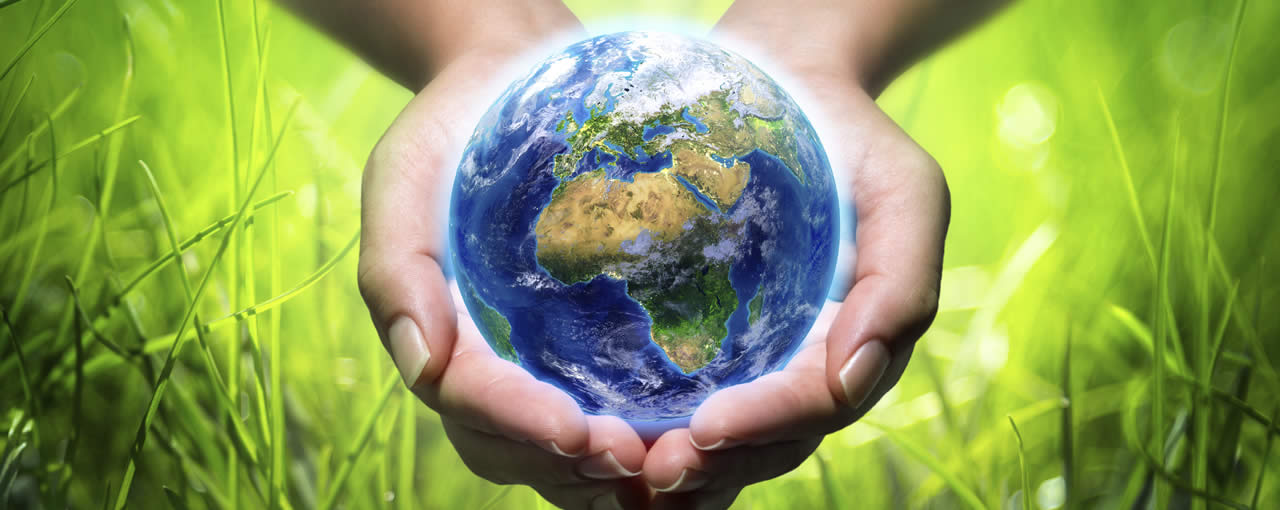Decreased Land Use and Lower Carbon Emissions
At Cargill we believe supply chains that support the global food system should be sustainable, balancing feeding the world today with the needs of future generations. The future of Cargill and our planet depends on our ability to adapt to the changes around us and find more ways to reduce our environmental footprint.
Our initial evaluation shows that producing our sweetener via fermentation will use significantly less land and emit significantly less CO2 than producing it by growing acres of plants.
Fermentation used to produce Reb M and Reb D for EverSweet™ stevia sweetener requires a simple sugar source, either sucrose or dextrose. These can be sourced from non-GM commodities such as sugar cane or identity-preserved corn, or from regular corn. Land use impacts are far greater when producing Reb M and Reb D from leaf compared to the EverSweet™ stevia sweetener fermentation process.
The United States Environmental Protection Agency defines a Life Cycle Assessment as: Compilation and evaluation of the inputs, outputs, and the potential environmental impacts of a product system throughout its life cycle. The comprehensive examination of a product or service’s environmental aspects and potential impacts throughout its lifetime, including raw material extraction, transportation, manufacturing, use, and disposal.
Some Cargill products are only approved for use in certain geographies, end uses, and/or at certain usage levels. It is the customer's responsibility to determine, for a particular geography, that (i) the Cargill product, its use and usage levels, (ii) the customer's product and its use, and (iii) any claims made about the customer's product, all comply with applicable laws and regulations.

